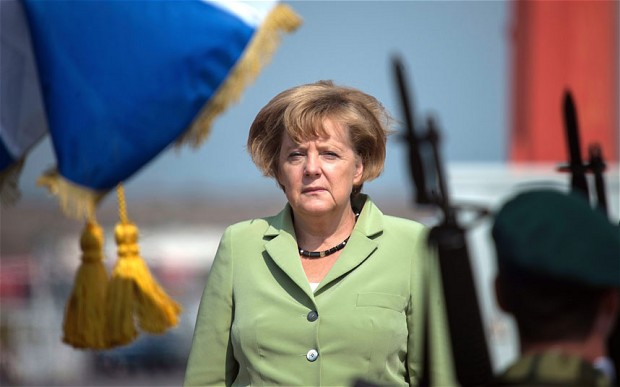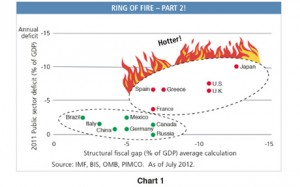This week leaders from across Europe have been meeting to discuss the continued crisis across the eurozone. The talks have centred around increasing integration of the eurozone banking sector. The talks have been hailed as a success by French President Francois Hollande, and other European leaders, after agreement was reached as to increasing integration of the banking system. The Single Supervisory Mechanism (SSM) will be put it place by January 1st 2013, and will make it possible for the new European Stability Mechanism to be used recapitalise European banks, without increasing sovereign debt. The SSM is thought to be the first step towards a full banking union across the eurozone.
This is particularly important for Spain, who’s banks are still a major cause for concern, and many hope they will be able to hold out until the SSM is in place.
Germany has voiced concerns over the speed of banking integration, warning that the road map for the setting up of the SSM may not be long enough, due to the complex legal issues that have to be worked through.
The UK is also uneasy about the prospect of a full banking union within the eurozone. Although Britain are not part of the euro, the City of London by far has the largest banking sector in Europe, and it is feared that in any future decisions about financial regulation the UK will be outvoted.
However, the Summit was overshadowed by the continuing chaos in Greece, with fresh anti-austerity protests, in which a man died. Greece could run out of money by the end of November. The EU are awaiting a key report from the “troika” of international lenders – the ECB, European Commission and International Monetary Fund. The findings of the report will be key in deciding whether or not to give Greece any more money.

